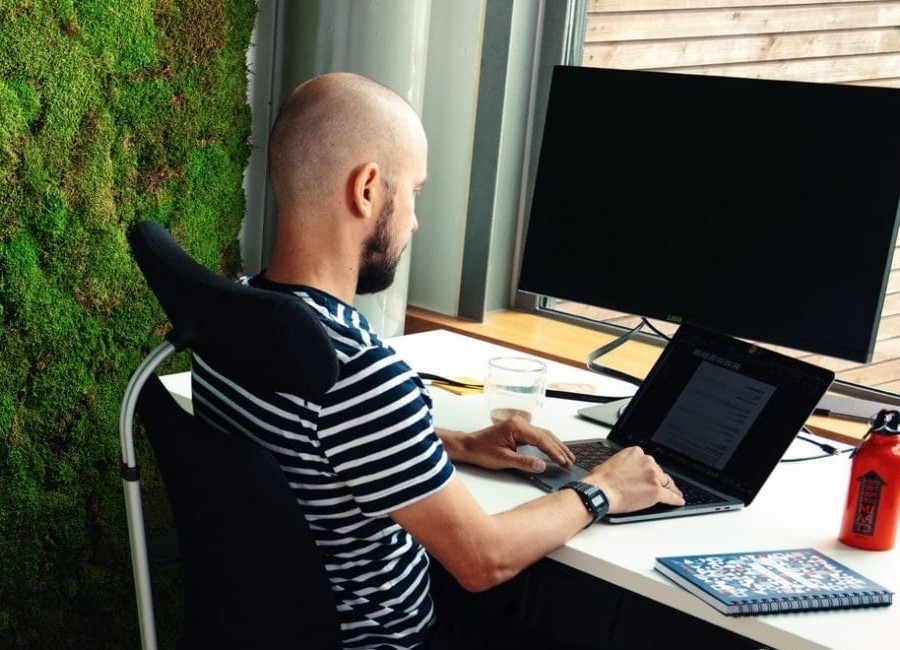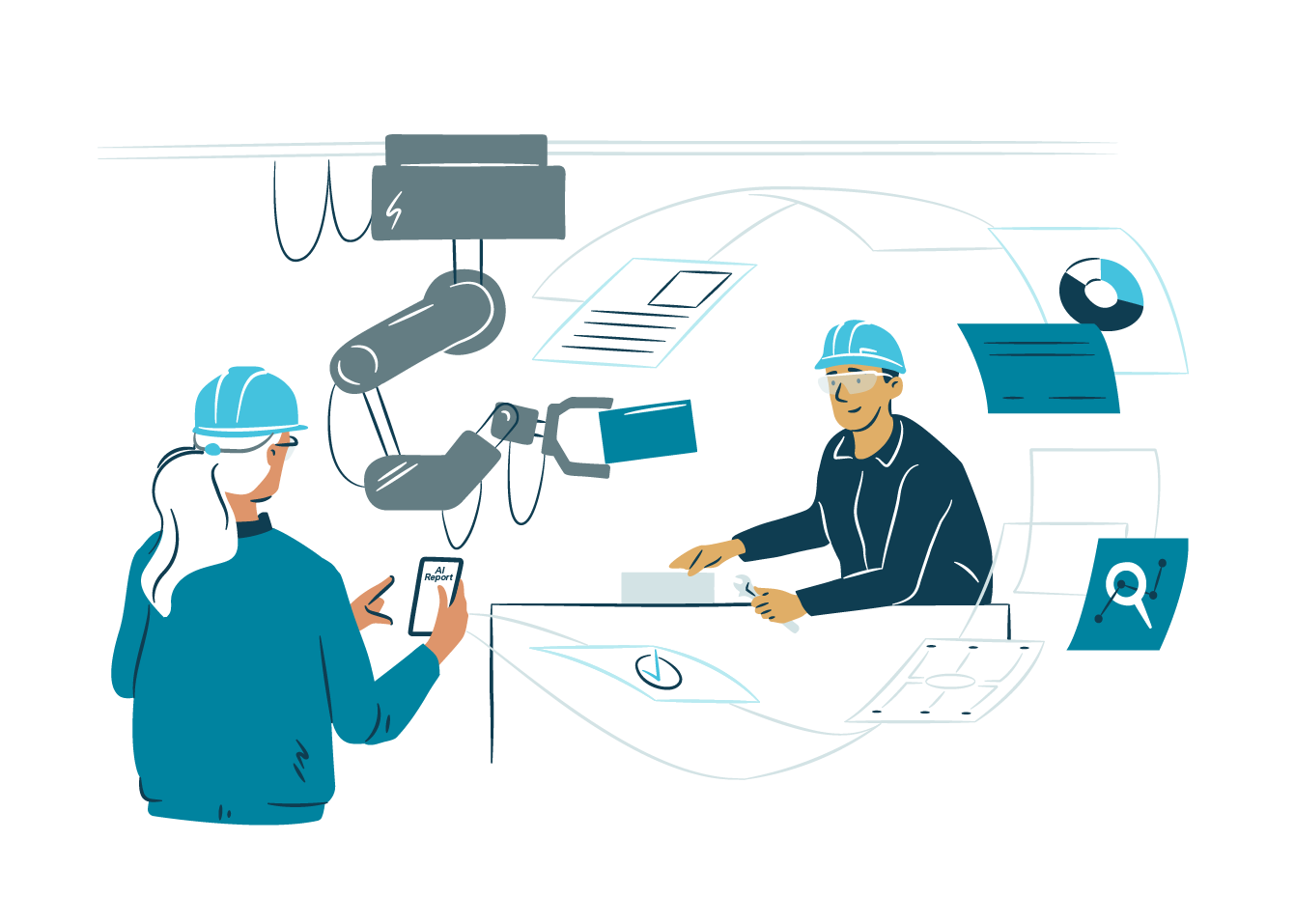New hybrid workforce 2021 vol 3.
At your workplace can you be who you are without fear of being put down when expressing yourself? Do you feel that your work is appreciated and your ideas are heard openly? If yes, you are one of the lucky ones. Unfortunately, this not the case in every workplace and team.
Leadership Essentials in a New Normal
The pandemic has created a new normal for knowledge workers. My earlier blogs were about algorithms as colleagues and bosses, changes in physical workspace parameters, and exponentially growing virtual remote work. Three leadership essentials of the new hybrid workforce renewal in 2021 and beyond are shared situational awareness and purpose, a psychologically safe working environment, and a relationship-driven operating system.
For a new hybrid workforce in 2021, the key question to be answered is not about whether we are working face-to-face vs. remote or in physical vs. virtual settings, but about how to implant sustainable behaviours nourishing mutual trust and togetherness. As a leader, you need more understanding, desire for change and a growth mind-set to succeed. Strategies showing direction and plans clarifying job roles with goals are important. However, what happens every day at workplaces between colleagues is the key for success.
More Focus on Psychological Safety
“Psychological safety means an absence of interpersonal fear. When psychological safety is present, people are able to speak up with work-relevant content.” – Amy Edmondson, Harvard Business School
In the work life of today we are suffering from a humanity deficit. Even before the pandemic too many knowledge workers were exhausted and experienced high levels of mental strain often resulting from bad management and non-constructive relationships at work. Research shows also that compassion and ethical development have been missing from organizational development for years (Co-Humans, 11/2020). This has led to lack of courage, fear, silos, glass-ceilings, and passive non-constructive behaviours.
The growth of remote work has not made things easier. A foundation for a construct of psychological safety at the workplace is the organisational concept of human-beings (i.e., Theory X and Y). It means how individuals are seen and treated in an organisation by others. This foundation needs to be supported by full presence of leadership (even more important in virtual meetings), active listening, and most importantly, keeping track of equal share of voice amongst participants. The latter has been evidenced as the most important driver of psychological safety within teams by well renowned Google meta-research some years ago.
Impact on Leadership
As a leader, you are the main responsible for the level of psychological safety within your organisation and your team. Turn your assumptions into facts before acting. Investigate if all of your people can express themselves equally and act with respect towards each other, even in meetings when you are not present. Some basic questions for you to think about and ask from others to assess, to analyse and to know your current situation:
- Are people considered as short-term resources (costs) or long-term assets (value creators)?
- Are people seen as individuals with personal ambitions and needs?
- Are meetings more about brainstorming or blamestorming?
- What words do people use when they are taking about their colleagues?
- Who is/are the hero(es) of the organisation and why?
There is positive evidence that organisations which are focusing on and securing psychological safety ground rules, applicable even in hybrid settings, both physical and digital, are emerging as winners.
Did you miss the previous parts of The new hybrid workforce series? Read about the future of physical offices from the part 1 and about leadership change from the part 2.



